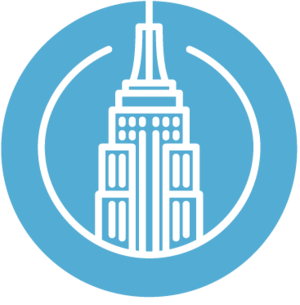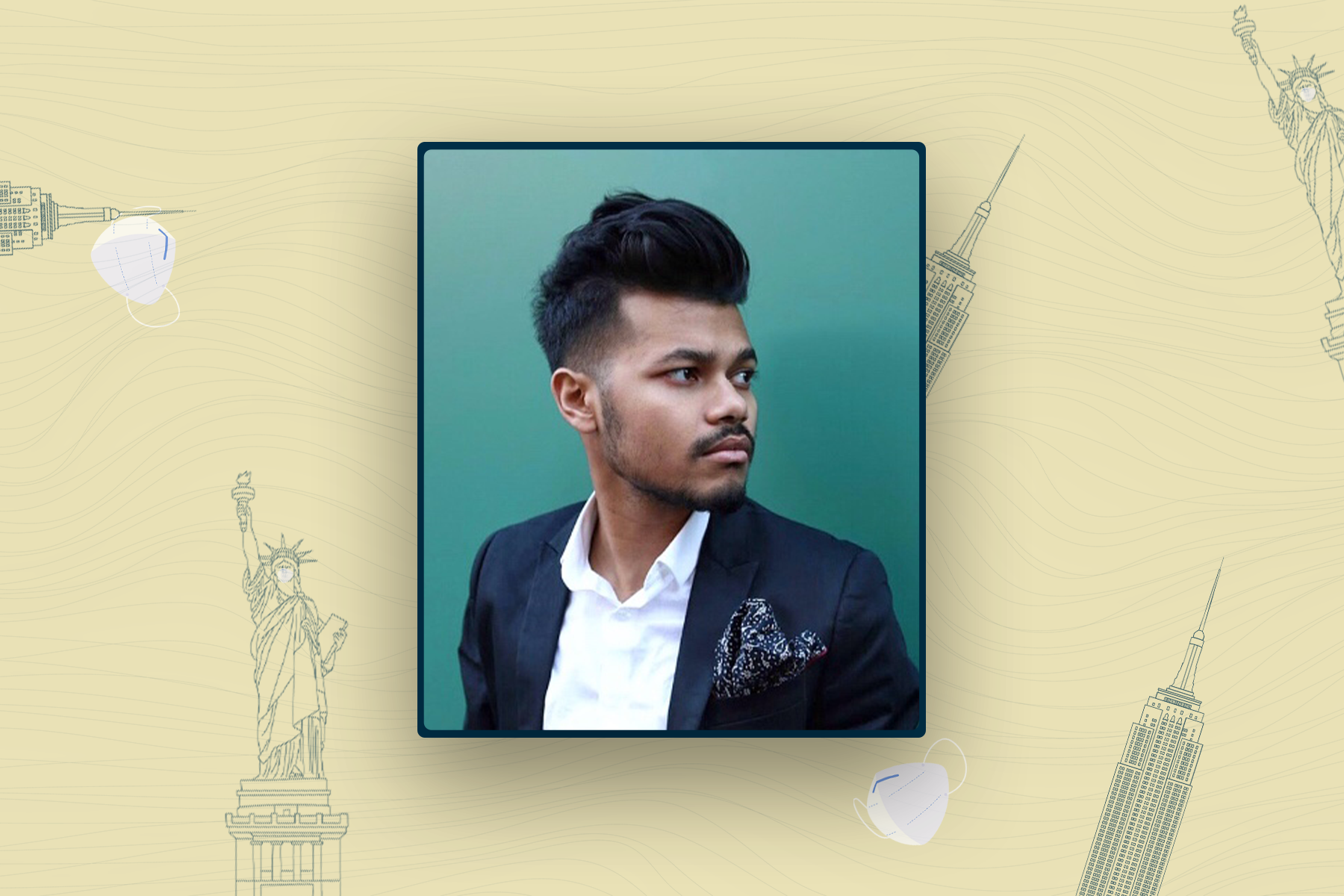Companies to Watch:
How TYCA is Accelerating
NYC's Comeback
TYCA
Co-founder and CEO Tanvir Islam
What does your company do?
TYCA co-founder and CEO Tanvir Islam: We’re TYCA (Thank You Come Again!), an online community marketplace connecting people to their local neighborhood brick and mortar bodegas. We’ve built some awesome tech to help people support their local bodegas and, at the same time, grow local economies and cultivate a better neighborhood experience.
A question we love to ask every founder: why New York?
TI: For starters: our water, which makes our NYC bagels and pizza what they are. I do love this question, though: it lets me open up about NYC and channel my inner Seinfeld the way Seinfeld did in his New York Times op-ed destroying the belief that NYC was dead post-pandemic.
He talks about how the NYC “energy, attitude, and personality” is unmatched, and that you can’t feel it any other way but by being here. I'd double click on all of that and add that NYC serves as the missing founder on your team — an instant competitive advantage. If you’re building anything here in NYC, the city instantly becomes another founder on your team because of everything it provides. For a startup like TYCA, the city also connects you to the perfect audience of locals, partners, and customers who are early adopters — who celebrate innovation, embrace wanting to do things better, and are not afraid to try new things.
COVID-19 completely upended a lot of industry areas, retail being top among them. But of course, New Yorkers uniquely rely on neighborhood bodegas, and vice versa. How have bodega owners had to react because of the pandemic?
TI: The unfortunate reality is that many of them couldn't adapt and were forced to shut down. There's around 16,000 bodegas here in NYC, and based on data we got from bodega associations we’ve partnered with, about 20 percent of them had to shut down. The ones that remained were forced to limit the damage by cutting their operating hours and downsizing employee count. Many New Yorkers moved (or left NYC altogether), eliminating many of bodegas’ “regular” patrons and forcing them to cut costs and reduce item offerings, especially deli and “hot food” options.
All of this forced bodegas who had not previously embraced technology tools (like food pick-up or delivery apps) to do so for the first time, and for those that have, to increasingly rely on them. These bodegas have always been iconic pillars in NYC neighborhoods, and the TYCA team keeps that front and center as we work with bodega owners to not just help them crawl back, but to recoil to new levels of growth.
Right, COVID-19 also took even more of personal shopping online — New Yorkers started using grocery delivery apps, for example, more often. Do you think those shifts will outlast the pandemic? How are you making sure bodegas aren’t left behind with those changes?
TI: Bodegas and New Yorkers both have definitely embraced more app use, and that’s a step in the right direction. But the concerns come in when those services underpay couriers, enforce really high delivery fees for customers or commission rates for bodega owners. A lot of these apps were never designed for bodegas to begin with, and without options, bodegas are forced to use a tool built for restaurant business models.
We have done the groundwork in connecting with bodega owners to get first-hand insights on some of their struggles, as well as talking with their frequent, loyal customers to understand the micro-pain points they face. We’ve applied first principles in design thinking and created user flows to create tech that's specifically made for bodegas, friendly for bodega owners, and appealing to their customers. What has resulted in a big bet on the future of cities and consumer behavior.
What’s an idea or piece of advice you got during the NYC Recovery Challenge program you’re most excited to implement?
TI: The NYC Recovery Challenge has been awesome and there's a lot of technical stuff that I can mention — revamping our hiring strategies or ways to refine data for our ML-based algorithms — but one of the key things I will take away is the idea that a founder can treat themselves as a startup by setting their own personal “objective and key results,” or OKRs. Founders are often told that they “are the product” in the early days of their startups, which I have heard one too many times, but I learned founders can also run their own experiments to hit their own OKRs to develop themselves, and thus to better run their startups. It’s akin to an athlete not just playing a sport to work out, but working out to make sure they can play the sport well.
What’s one top growth goal you hope to achieve by the end of 2022?
TI: We’ve set a few goals to train our data to build out certain product features, but one of the more important ones is to expand in the Brooklyn neighborhoods we’re already in and onboard more interested bodegas. Over the past few months we have received acquisition interest, added a ton of bodegas, successfully launched private betas, and been revenue positive. We hope to keep that momentum going.
Okay, three rapid fire questions. First: where do you get your favorite pizza slice?
TI: I’m going to use this question as a tee-up to also share my favorite “chopped cheese.” I’m totally aware of the hype around the chopped cheese at Hajji’s in Harlem, but I’ve ordered too many of them at Clay Deli in Greenpoint to not give them a shout out too. But am I ready to call a favorite? There’s a lot more exploring to do.
For pizza: My favorite has to be Piz-zetta in downtown Brooklyn.
What’s the best place in New York for a coffee or lunch meeting (remember in-person meetings)?
TI: In-person meetings seem like a century ago, but I’ve spent a lot of time either getting work done at or having meetings at Double Dutch Espresso in Harlem. Super cozy and chill vibes.
What’s your favorite remote work or productivity hack?
TI: I learned very early on that for me to avoid procrastinating, I have to add some urgency into my calendar. So I usually schedule a walk later in the day and try to get as much work done before it. I realized the more accomplished I am by getting work done before the walk, the better the walk feels, so I use that as motivation. And then I typically listen to Kanye or Pop Smoke, or a Desus & Mero or Andrew Schulz podcast, as I zone in on the things I'm working on.










